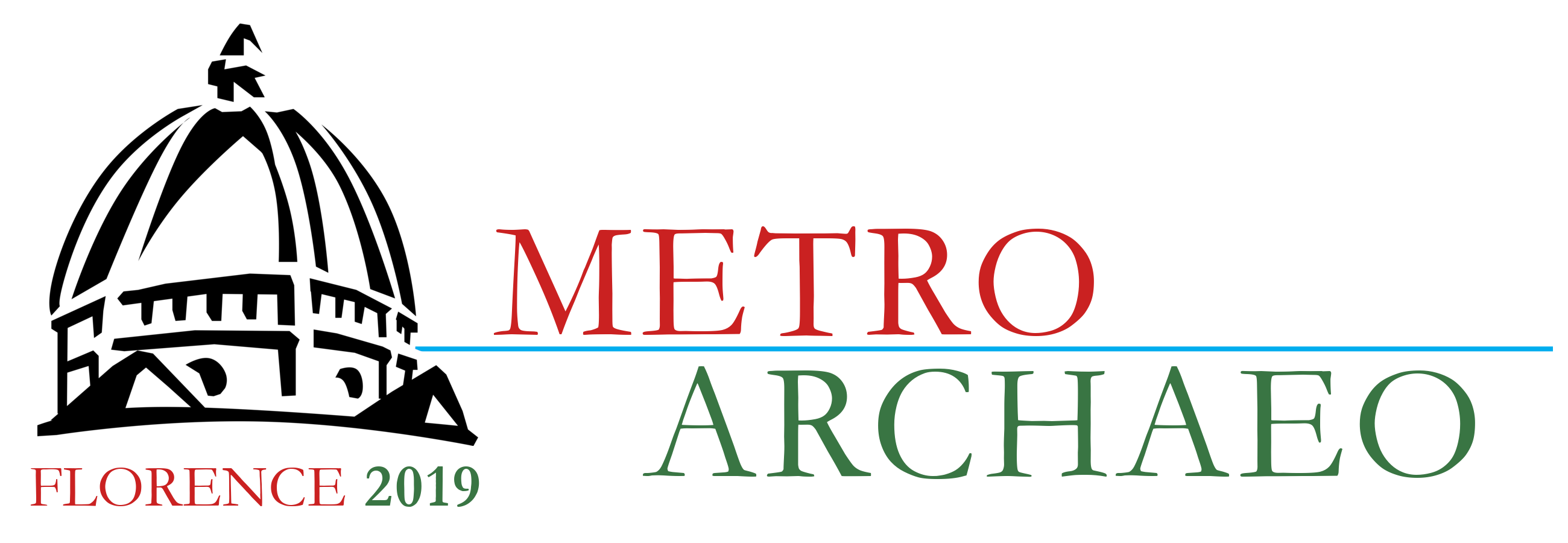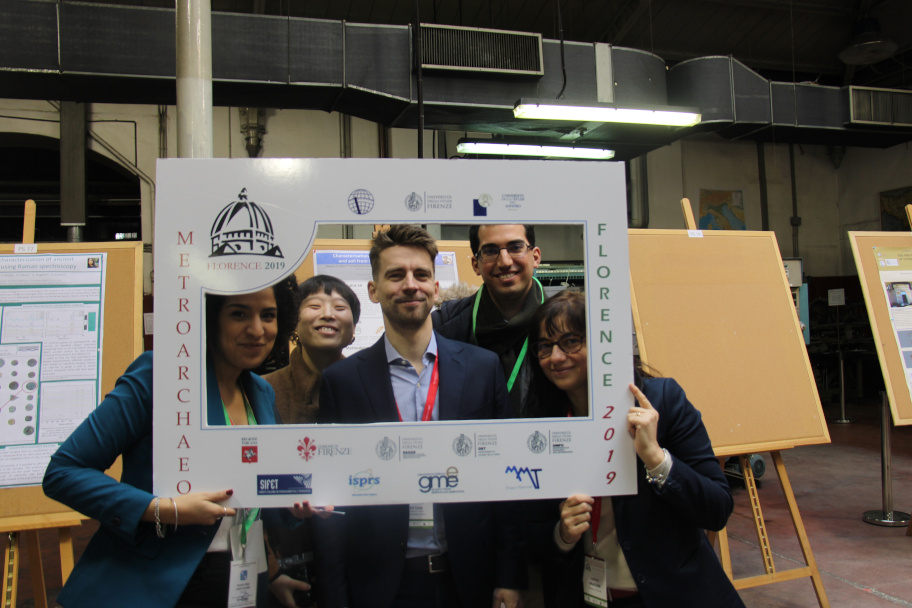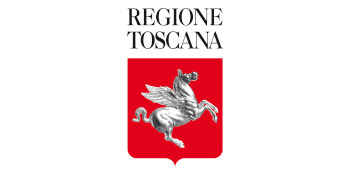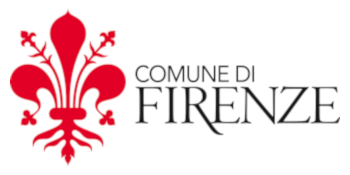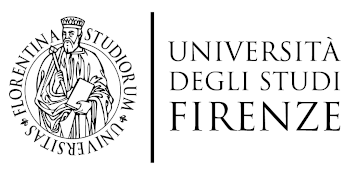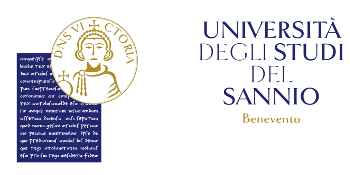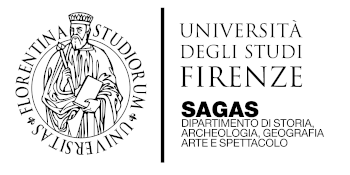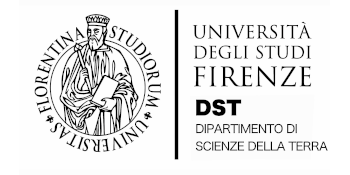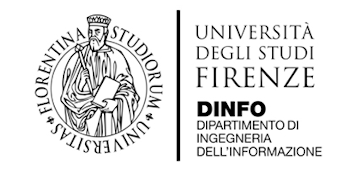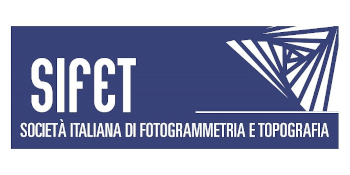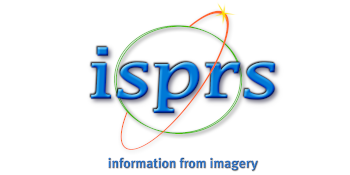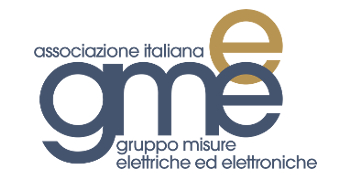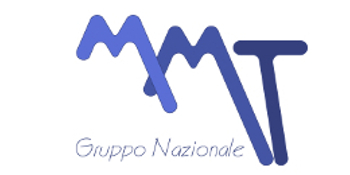Conservation Science and Ethics in the Analytical Studies of Clay Cuneiform Tablets from Ancient Near Eastern Archives
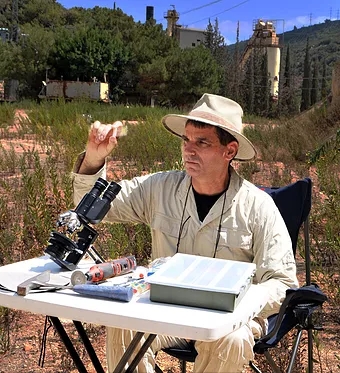
Yuval Goren
Department of Bible, Archaeology and Ancient Near East
Ben-Gurion University of the Negev, Israel
ABSTRACT
The Late Bronze Age (ca. 1500-1200 BC) constitutes the heyday of the great empires of the ancient Near East (ANE), such as Egypt, Hatti, Mitanni, Babylonia, and Assyria. Centuries of conflicts followed by peaceful relations, marked the interrelations of these superpowers. Rich literary records in the form of archives of cuneiform texts were established. These archives contain abundant tablets whose origin is unknown. Sometimes the letterhead is missing, in other cases, we may have the name of the sender and still ignore his domicile. Further, the location of many ANE countries and cities has not yet been clearly established. Hence, revealing the origin of documents has the potential of shedding new light on the history of the ANE and beyond. The paper will discuss the use of a rich array of non-destructive testing (NDT) and minimally-destructive testing (MDT) methods for studying the composition, technology and provenance of ANE cuneiform tablets. This approach opens new horizons in the interpretation of the clay documents. We applied such analyses on hundreds of tablets from el Amarna, Ras Shamra/Ugarit, Boğazköy/Hattusha, and sites in Cyprus and Israel/Palestine. made during the last decade, serves as the basis for this study. The results raise a set of ethical and practical issues concerning the study and conservation of such precious artifacts.
SPEAKER BIO
Yuval Goren is Professor of Archaeology at the Ben Gurion University of the Negev (previously at Tel Aviv University where he was faculty member for twenty years). He joined the faculty of Tel Aviv University after graduating at the Hebrew University in Jerusalem and working for several years as a petrography researcher in the Israel Antiquities Authority. He served as the Head of the Department of Archaeology and Ancient Near Eastern Cultures and as Vice Dean of the Faculty of Humanities of Tel Aviv University. Goren was the initiator and head of the graduate program in Archaeology and Archaeomterials and the Laboratory for Comparative Microarchaeology at Tel Aviv University. In the Ben Gurion University of the Negev he established the Trach for Archaeomaterials and Conservation Sciences (TACS), now part of the European Erasmus and ITN ARCHMAT consortia and the formal representative of Israel in the COST-SAGA project. His research focuses on early technology and provenance of ceramics, plasters and metallurgy, using mineralogical, structural and geochemical methods. Goren co-directed the excavations of Chalcolithic sites at Nahal Sekher, Kissufim cemetery and recently the so-called shrine at Ein Gedi. He was also directing the excavation at the 1st millennium BC Tel Sochoh.
